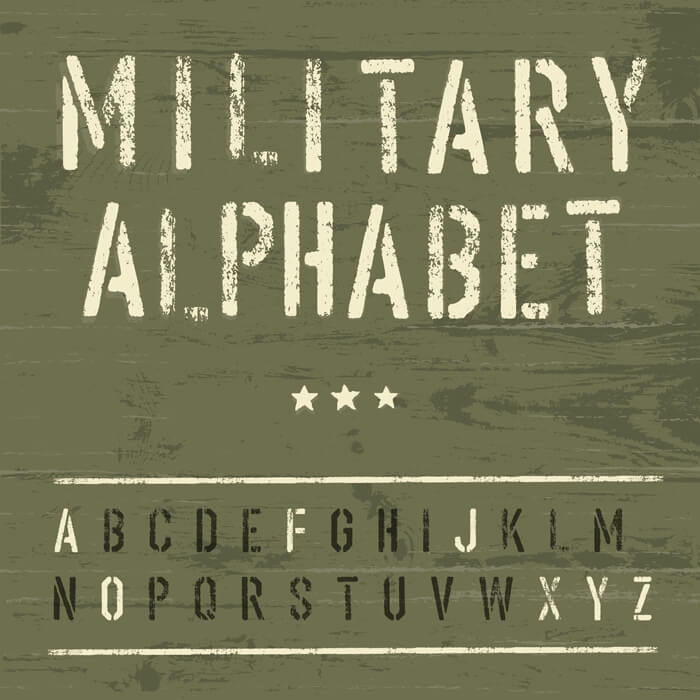You want the job and you believe that you are more than qualified to do it. Now you just have to convince a potential employer of that — and in a way that he or she will fully understand you.
In other words, to be successful in your post-uniform job search, you need to make a genuine effort to translate your skills and abilities from military-speak into English.
You’ll need to do this not ony on your resumes and job applications, but also in job interviews or in any employment conversational situation, for that matter.
Scared yet? Don’t be.
Communicating à la civilianese doesn’t have to be terrifying — it just has to be done. Here are some suggestions to help you:
Commit to the process
Remember way back to your first day wearing a military uniform? You might have felt like you landed on a different planet where everyone spoke a foreign language.
Welcome back to déjà vu.
Any job or career field you are hoping to get hired in outside of the military world has its own language, too. Even if you lived in the more easily transferable technical world in uniform, the civilian technical world may do the same things, but they might use different words in the process.
Your mission, should you wish to get a foot in the proverbial door, will be to commit to the process of learning the civilian language of your target post-uniform industry.
You can do this in a number of ways:
- Talk with actual civilians who work in your target industry who are willing to talk to you. They usually don’t bite and are often forthcoming with credible intel. Learn all you can from them about working in that industry and pick up on the industry lingo used at the same time (You might recognize this as networking, too).
- Become a LinkedIn member and join industry-specific groups. Not only can you network virtually within those groups, but you can also learn a lot from quietly stalking the discussions.
- Carefully analyze the wording of job advertisements. Now, this may not sound like a lot of fun to you, but it is an invaluable exercise. By doing so, you better understand what civilian employers are looking for as you begin to consider job opportunities.
Join the conversation in earnest, verbally and non-verbally
Whether you are communicating in writing on your resume or speaking to an employer or networking contact mano a mano, aim for a quality dialogue that genuinely communicates what you have to offer an employer.
Ditch the military abbreviations. Strive to quantify your achievements. Skip the “yes sirs” and “no ma’ams” in conversations and maintain good eye contact. Remember, your body language speaks volumes as well.
Learn from your mistakes
Translating your words and actions from military into civilian terms can take time and it’s not uncommon to make a mistake or two along the way. If and when that happens to you, don’t take it too hard. Learn from the minor faux pas and drive on, job seeker!
Understand how your military job title and skill set relates to the outside world
It’s not enough to know the civilian lingo of your target industry. You also have to know how your job title and skills fit into the picture, too.
You have to be able to say, “I did ‘x’ in the military and that equates to ‘y’ outside.”
One way you can do this is using the O*Net OnLine crosswalk at www.onetonline.org/crosswalk/. By typing in your military occupational specialty, you can easily see how your job skills translate into civilian terms.
Connecting the dots between your military skills and their civilian counterparts will prevent you from applying for jobs that you’re not qualified for in the first place. It may also open up other opportunities for you to consider that may not have crossed your mind. Either way, valuable time and effort is saved (yours and an employer’s).
Likewise, knowing the match can help you to identify deficiencies in your skill set that could prevent you from being truly competitive. Armed with that knowledge, you can do what you need to in order to be more competitive or you can readjust the trajectory of your aim for the moment.

